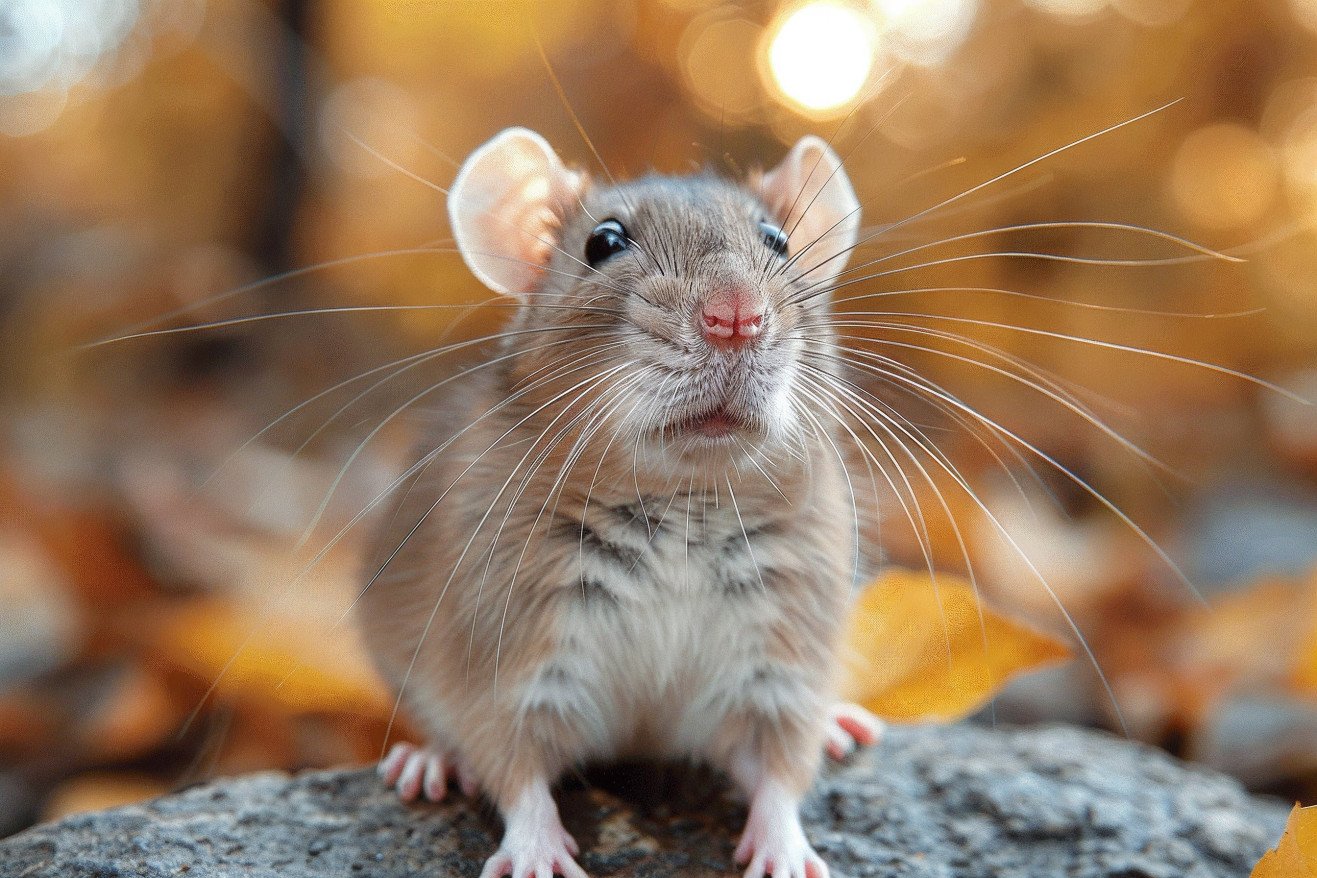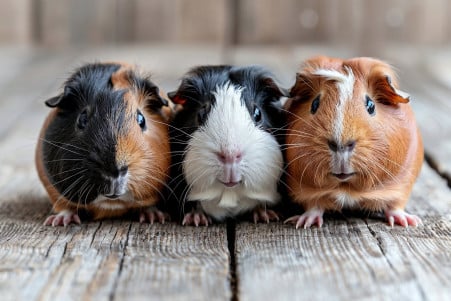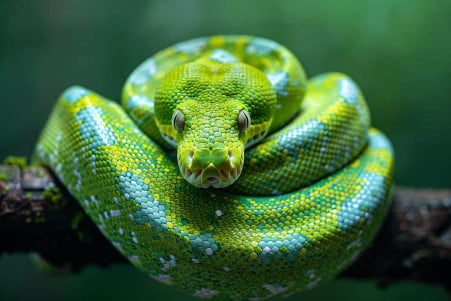Do Rats Fart? The Science Behind Rodent Flatulence
10 May 2024 • Updated 9 May 2024

Even if you think of rats as harmless little animals, you probably weren’t expecting this question. But the truth is that rats can fart. Just like many other mammals, rats have a lot of gas in their digestive systems due to the high-fiber foods they eat.
We'll take a look at some of the research that has been done on the digestive systems of rats and other rodents. By examining the anatomy and eating habits of rats, you'll not only find out more about their ability to pass gas but also how researchers can study the inner workings of these animals that are so common in the world. And, let's face it, knowing whether or not rats can fart can give you a fun new perspective on the animal kingdom.
Do Rats Fart?
Rat Gut Microbiome and Flatulence
The rat gut microbiome is a major contributor to rat flatulence. As in humans, the rat gut microbiome ferments indigestible carbohydrates and proteins to produce intestinal gas. According to a study published in PubMed, the measurement of hydrogen production in rats can be used as a predictive bioassay for human flatulence.
Rats have a cecum and large intestine that are specialized for the fermentation of complex plant material. This fermentation results in the production of gases, including hydrogen, carbon dioxide, and methane. Research on the rat gut microbiome has shown that these gases are primarily the result of bacterial fermentation of indigestible carbohydrates and proteins.
That said, there are some conditions that can impact the rat's ability to pass gas. For example, megacolon, which is similar to Hirschsprung's disease in humans, can lead to an inability to pass feces and gas due to a lack of nerve function in the colon. Dietary interventions, such as a low-residue diet, can be used to help manage megacolon and the resulting buildup of gas.
Other factors, such as the use of large gavage volumes in experiments, can lead to reflux and gas buildup, according to a review on gavage-related reflux in rats. This demonstrates that the methods used in research can impact digestive function and flatulence in rats.
So while the flatulence of rats is a result of their plant-based diets and gut microbiomes, there are a number of physiological factors and conditions that can impact the amount and frequency of gas that rats pass. Understanding these factors can help researchers better understand the rat gut microbiome and how it compares to the human gut microbiome.
Health Risks of Rat Farts
Although rat farts may seem like a silly and harmless topic, it’s important to consider the potential health risks for both the rats and any humans who may be exposed to rat farts. According to the NIH Bookshelf, gastrointestinal issues like megacolon can cause rats to have trouble passing gas, leading to excessive flatulence. This means that rat farts could be a sign that something is wrong with your pet.
For humans, the makeup of rat farts could also be a concern. Newer studies have found that the gases produced by the gut microbiome, including hydrogen, carbon dioxide, and methane, are the most common components of farts. And while some research has suggested that there are health benefits to being exposed to hydrogen sulfide, one of the gases in farts, there’s also a chance that being exposed to rat farts could lead to irritation or other issues.
This means that rat owners should be aware of the potential for excessive flatulence and keep an eye on their pets for signs of gastrointestinal issues. In addition, a good diet and care plan may help to reduce the amount of gas that rats produce and the potential health risks that come with it. The next section will cover how to manage and reduce rat farts.
How to Manage and Prevent Rat Flatulence
According to traditional Persian medicine, dietary changes can be used to manage and prevent flatulence in rats. These dietary changes include eating habits such as chewing food well, avoiding foods that are known to cause gas, and eating easily digestible foods like roasted chicken and low-fat soups. The use of herbs and spices like dill, coriander, and fennel can also help with digestion and prevent gas.
In addition, Specialized Animal Nutrition recommends avoiding gas-producing vegetables like cabbage since rats can't burp to release gas. Lafeber Co. suggests that a healthy rat's diet should consist mostly of formulated rat pellets or lab blocks, with the remaining 10% of their diet coming from fresh fruits and vegetables.
By following these dietary and management tips, rat owners can help manage and prevent flatulence in their pets, which may also help improve their overall digestive health and comfort. This, in turn, may help reduce any unpleasant smells that may be associated with rat flatulence.
How Often Do Rats Fart?
A review on intestinal gas production by the gut microbiota explains that the main gases produced by the gut microbiota are hydrogen (H2), carbon dioxide (CO2), and methane (CH4). These gases are produced based on the host's diet and the composition of the gut microbiota. Although there is little information on the exact frequency and volume of rat farts, the studies that have been done show that these numbers can change based on the rat's physiology.
Information from Medical News Today says that farting is often associated with other gastrointestinal symptoms like bloating and abdominal pain. Meanwhile, research published on the NIH website explains that the production of these gases is dependent on the host's diet, gut microbiota, and other factors.
Although there is not much information on the frequency and volume of rat farts, the studies that have been done show that these things are likely dependent on the rat's diet and gut health, much like in humans. More research is needed to determine the typical frequency and volume of farts in rats and how that compares to other animals.
Conclusion: What We Know About Rat Farts
Yes, rats can fart, and it’s a normal part of their digestive process. Rats fart because of their high-fiber diet and the way their digestive system works.
Research has shown that rats produce intestinal gases like hydrogen, carbon dioxide, and methane through the fermentation of indigestible carbohydrates and proteins. According to Fart Sound, the average rat farts 10 to 20 times a day, but the amount and frequency of farts can depend on the rat’s diet and gut microbiome.
Although rat farts are normal, excessive gas could be a sign of health problems like megacolon. In addition, according to RatCentral, rats can’t burp, so it’s important to make sure they’re eating a diet that will help them pass gas without discomfort.
In the end, the research on rat farts gives us a fascinating look at the physiological processes and behaviors of these common animals, and it can help us better understand and appreciate the natural world.


